Goat farming is the practice of raising goats for meat, milk, fiber, or other purposes. Goat meat is a popular food in many cultures. Goat milk is also widely consumed and has numerous health benefits. Boer goat farming is the perfect option for those who love raising livestock and are interested in commercial farming.
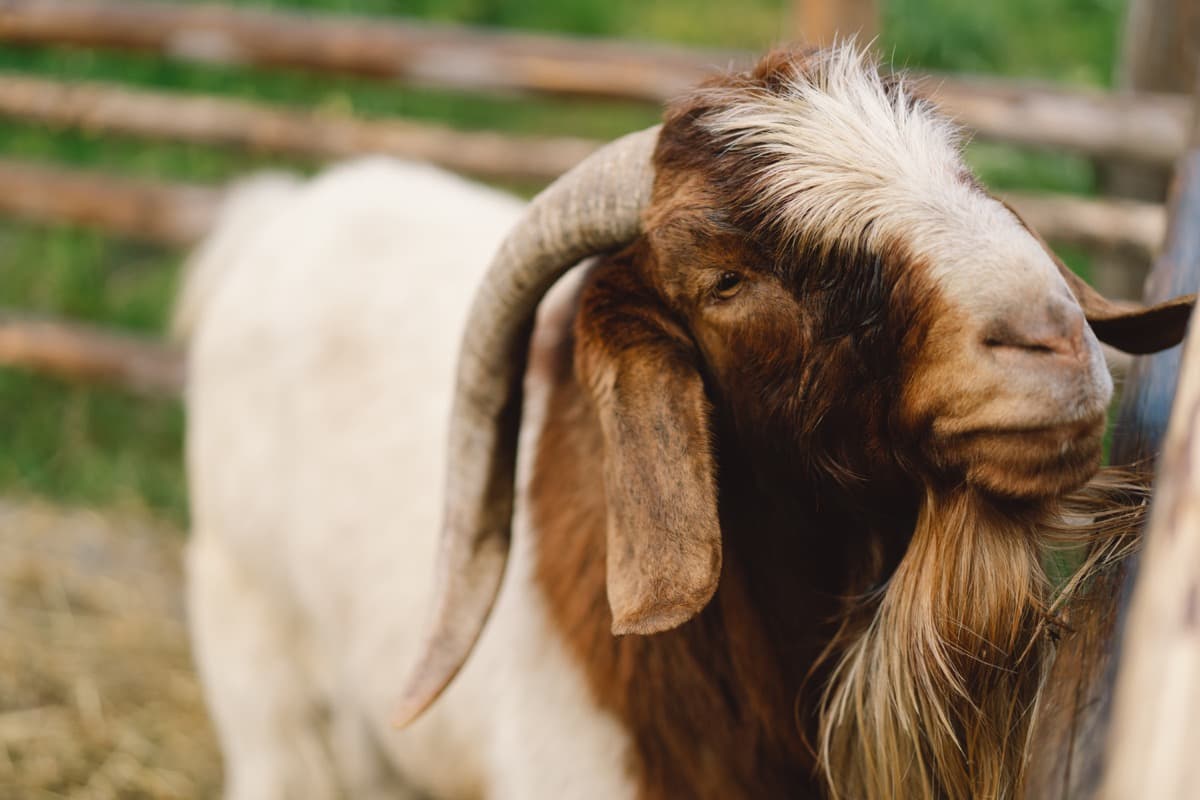
Key Rules to Start Boer Goat Farming
What is Boer Goat Farming?
Boer goat farming is the process of raising Boer goats for meat production. The Boer goat is a South African breed of domestic goat developed in the early 1900s. They are large, muscular animals with short hair and long legs. The does (females) are generally heavier than the bucks (males).
Why Farm Boer goats?
There are many reasons to farm Boer goats. They are a hardy, adaptable breed that can thrive in various climates and environments. They are also an excellent source of meat and milk, and their hides can be used to make various products. Boer goats are also relatively easy to care for and have a relatively short gestation period, which means they can produce offspring at a higher rate than other breeds of goats.
Goat farming is an important part of the agricultural industry in many countries. Goats are a valuable source of meat, milk, and fiber, and their products are in demand worldwide. Goat farming can be profitable, but it requires careful planning and management. Goats are a major food source for people in many parts of the world.
Goat meat is nutritious and high in protein. Goats provide the fiber that is used to make clothing and other textiles. Goat farming supports the livelihoods of millions of people around the world. You’ll also need a good plan for marketing your goats and their products. You’ll need to be prepared for the financial investment required to get your farm up and to run.
A Few Things Important to Start Boer Goat Farming
- You need to decide what type of operation you want to run: small-scale or commercial. Small-scale operations usually involve fewer than 50 goats, while commercial farms can have hundreds or even thousands of animals.
- You need to choose a location for your farm. It should be in an area with good pastureland and access to water.
- You need to purchase healthy animals from reputable breeders. Ensure your goats are vaccinated against common diseases such as pneumonia and enterotoxemia.
- Boer goats are a meat goat breed. They’re not used for milk production like some other goat breeds. This means they have different dietary needs than other types of goats. Ensure you know what foods Boer goats can and can’t eat.
- Boer goats need plenty of exercises. They’re very active animals and need room to roam around. They could become destructive or even sick if you don’t have enough space for them to run and play.
In case you missed it: Key Rules to Improve Feed Conversion Ratio (FCR) in Goats: For More Profits in Goat Farming
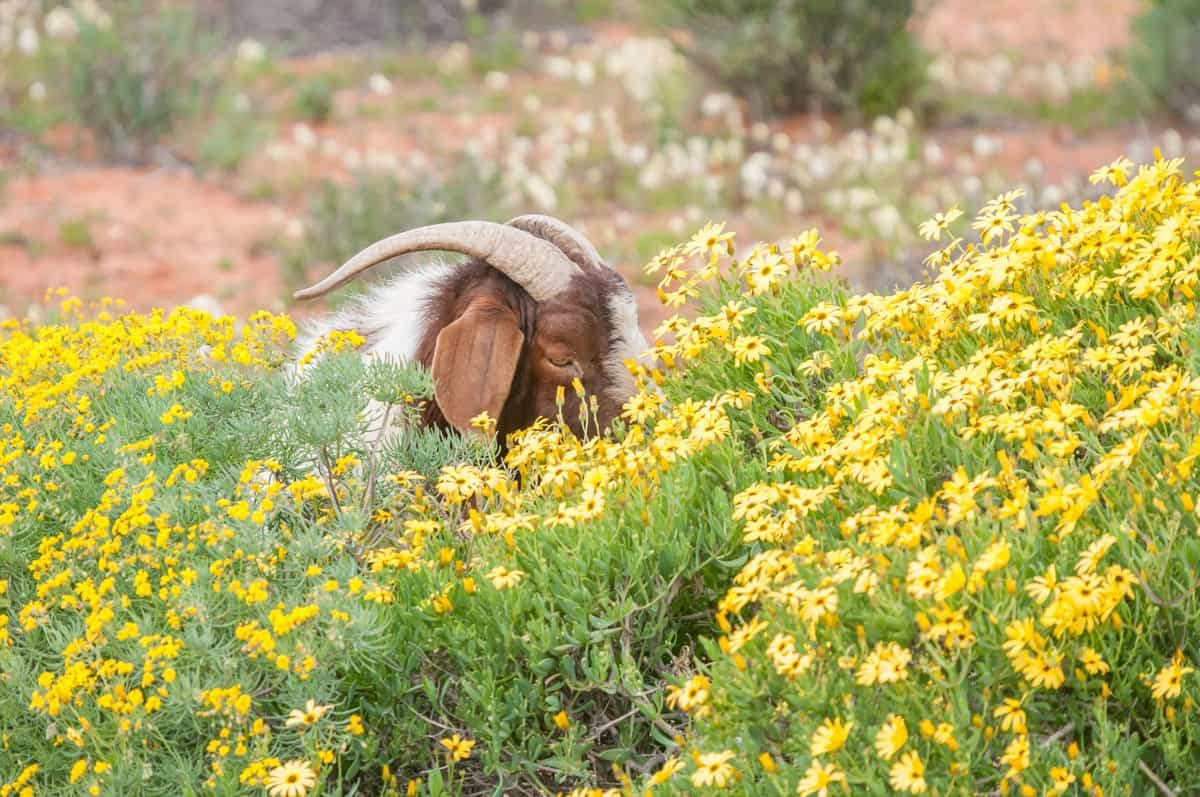
Key Factors Make the Boer Goat Farming Business Profitable
- The demand for goat meat is important in making Boer goat farming profitable. Goat meat is in high demand worldwide, and the demand is only increasing. This means there is a strong market for Boer goats, and farmers can sell them for a good price.
- Another factor that makes Boer goat farming profitable is the low cost of raising goats. Goats are easy to care for and don’t require much food and shelter. This makes them a very affordable animal to raise, which keeps costs down for farmers.
- Finally, goat farming provides an excellent source of income for small-scale farmers. Because goats are in high demand, farmers can earn a good income from selling them. This can be a great method to supplement other sources of income or even to support oneself entirely through goat farming.
- Focus on quality, not quantity. Having fewer high-quality breeding stock is better than a large herd of lower-quality goats. Research and choose the right breed for your climate and pasture conditions.
- Invest in good fencing – Boer goats are known for their athleticism and will test any fence you put up. Provide adequate shelter for your goats, especially during extreme weather conditions.
- Make sure you have a reliable source of water for your goats. They need around 2-3 gallons per day per goat. Keep an eye on parasite control – this is crucial for the health of your herd.
- Have a solid marketing plan in place before you even start breeding goats. There’s no point in raising healthy, high-quality animals if you can’t sell them.
Key Rules for Feeding Boer Goats
- Food is one of the key aspects of successfully raising Boer goats. Knowing what food these animals need to remain healthy and productive is important. One option to feed Boer goats is to allow them to graze on pasture grasses. Another option is to feed them a diet of hay and grain.
- Pasture grasses are the natural food source for Boer goats. If possible, it is best to provide them access to fresh, green pasture grasses. These animals will also eat other types of plants, such as shrubs and weeds. However, they should not be given any poisonous plant material.
- Hay and grain can also be given to Boer goats. Hay should be of good quality and free from mold or other contaminants. Grain can be fed in small quantities as a supplement to their diet. It is important not to overfeed grain, which can lead to health problems.
In case you missed it: Feed Management of Sheep and Goats: Formulation, Ingredients, Organic, DIY Feed mix, and Feeding Practices
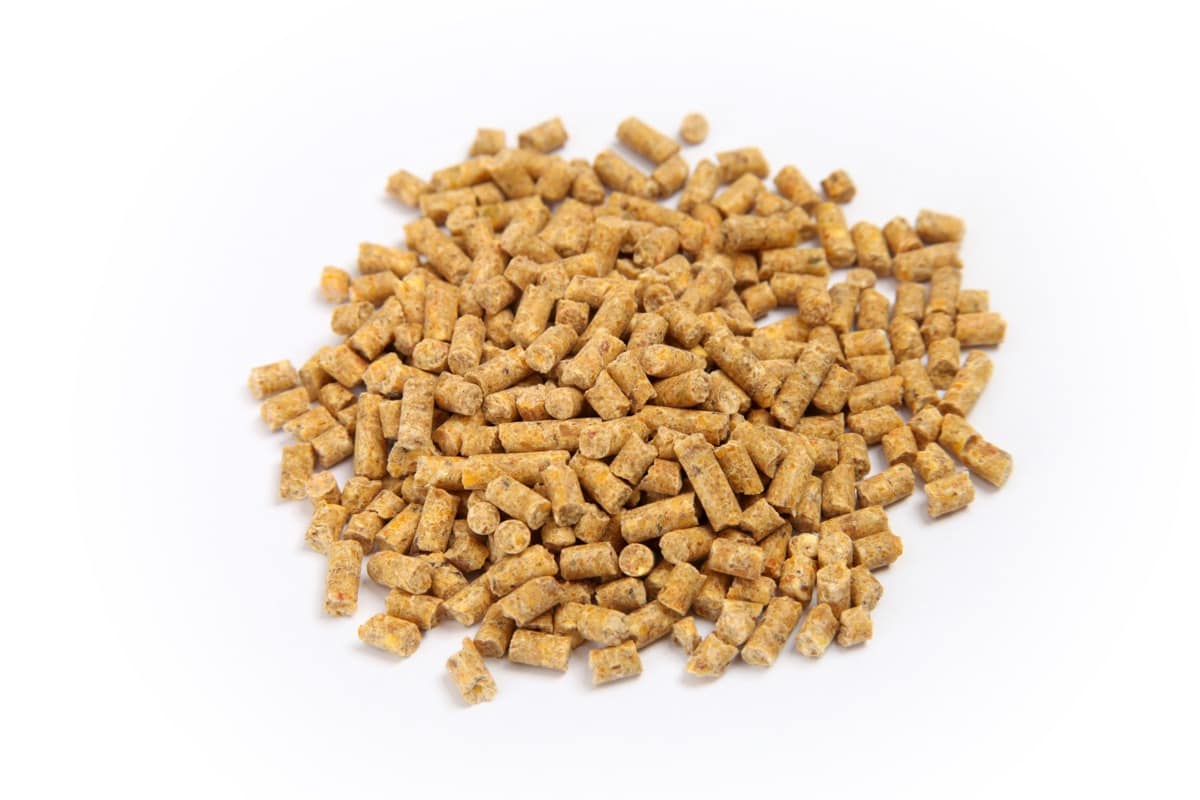
- Boer goats are browsers and not grazers like other goats. They prefer to eat leaves, twigs, and other foliage rather than grass. You’ll need to ensure plenty of browse is available for them to munch on throughout the day. If you live in an area where browse is scarce, you may need to supplement your diet with hay or other feeds.
- Boer goats need a high-protein diet to maintain muscle mass and body condition. A good rule of thumb is to provide them with a minimum of 12% crude protein in their diet. This can be accomplished by feeding them high-quality hay or pasture supplemented with a protein-rich grain mix or molasses.
- Remember that goats are susceptible to digestive problems if they consume too much rich food or change their diet too quickly. So, when introducing new foods into their diet, do so slowly and in small increments to avoid upsetting their stomachs.
Key Methods to Start Boer Goat Farming
Do Your Research
Before you start anything, it’s important to do your research and make sure you understand what you’re getting into. Read up on goat breeds, care and management, pasture and forage requirements, predator control, health issues, and more. There are also many great resources available from extension offices and online. You should also be familiar with the basics of goat care, including nutrition, housing, and health care needs.
Choose the Right Location
Goats need plenty of space to roam and graze, so choose a location that can provide this. It’s also important to consider predators, weather conditions, fencing requirements, and access to water when choosing a farm site. Choose a location for your farm. Goat farming requires plenty of pastureland for grazing and access to water and shelter. When selecting a site for your Boer goat farm, consider factors like climate, pasture conditions, and access to water and shelter. Goats prefer open spaces with plenty of grazing areas, so find a property that meets those needs.
Start Small
When first starting, it’s best to start small and gradually build up your operation as you gain experience. This will help keep costs down and minimize risk.
Purchase Your Goats
Be sure to buy healthy animals from reputable breeders.
Get Started on Proper Husbandry Practices
This includes providing your goats with adequate food, water, shelter, and medical care. Keep detailed records of your herd’s health and productivity. Doing so will help you identify potential problems early on and adjust your management practices accordingly.
Build Strong Fences
Goats are notorious escape artists and will find any weak spot in your fence. Make sure all fencing is secure before bringing your goat home. Be sure to use sturdy posts and wire at least four feet tall. Five-foot-tall fencing is even better if you have particularly adventurous goats. Next, make sure you have adequate fencing in place. Boer goats are notoriously hard on fences, so make sure your wire is sturdy and well-attached to posts. A good rule is to have at least five feet of fencing per animal.
In case you missed it: Cheap Farm Fence Ideas: DIY, Inexpensive, Low-cost, and Budget Tips
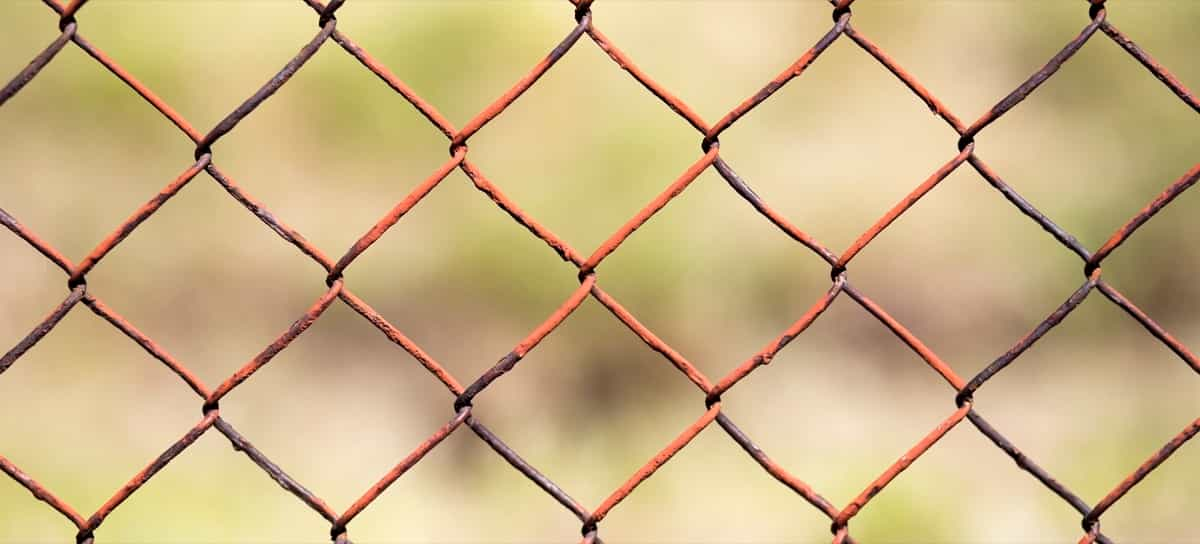
Provide Plenty of Food and Water
Good nutrition is essential for keeping your goats healthy and productive. Ensure they can access clean water and plenty of high-quality hay or pasture grasses.
Is Licence Required for Boer Goat Farming
The license required for Boer goat farming depends on several factors, including the number of goats you plan to keep and the purpose of your farm. If you plan to keep a small number of goats (less than 10) for personal use, you likely won’t need a license.
However, if you plan to keep more than 10 goats or if you plan to sell goats or goat products, then you will need to obtain a license from the relevant authorities. Other rules apply to Boer goat farming, such as ensuring your goats are healthy and well-cared for and having proper fencing and shelter. So be sure to research all the requirements before getting started
Key Rules to Get Healthy and Productive Goats
- Work with a reputable breeder to purchase goats well-suited for your climate and management system.
- Boer goats must be kept in a clean and well-ventilated environment.
- They should have access to fresh water at all times.
- Goats should be fed a balanced diet of hay, grains, and vegetables.
- Boer goats should be vaccinated against common diseases such as rabies, pneumonia, and enterotoxemia.
- It is important to deworm your goats regularly to prevent parasites from taking over.
- Regular hoof trimming is essential to keep your goats healthy and pain-free.
How to Care for Boer Goats?
Boer goats are a hardy, robust breed that requires very little in the way of care. However, it would help if you kept a few key things in mind to ensure your goats stay healthy and happy. Boer goats need plenty of space to roam and explore. They are very active and curious animals, so they need an environment where they can safely roam and play. A small enclosure will not do for these goats – they need room to run.
In case you missed it: Homemade Goat Feed Recipes: How to Make, Organic, Ingredients, and Simple DIY Goat Feed Mix
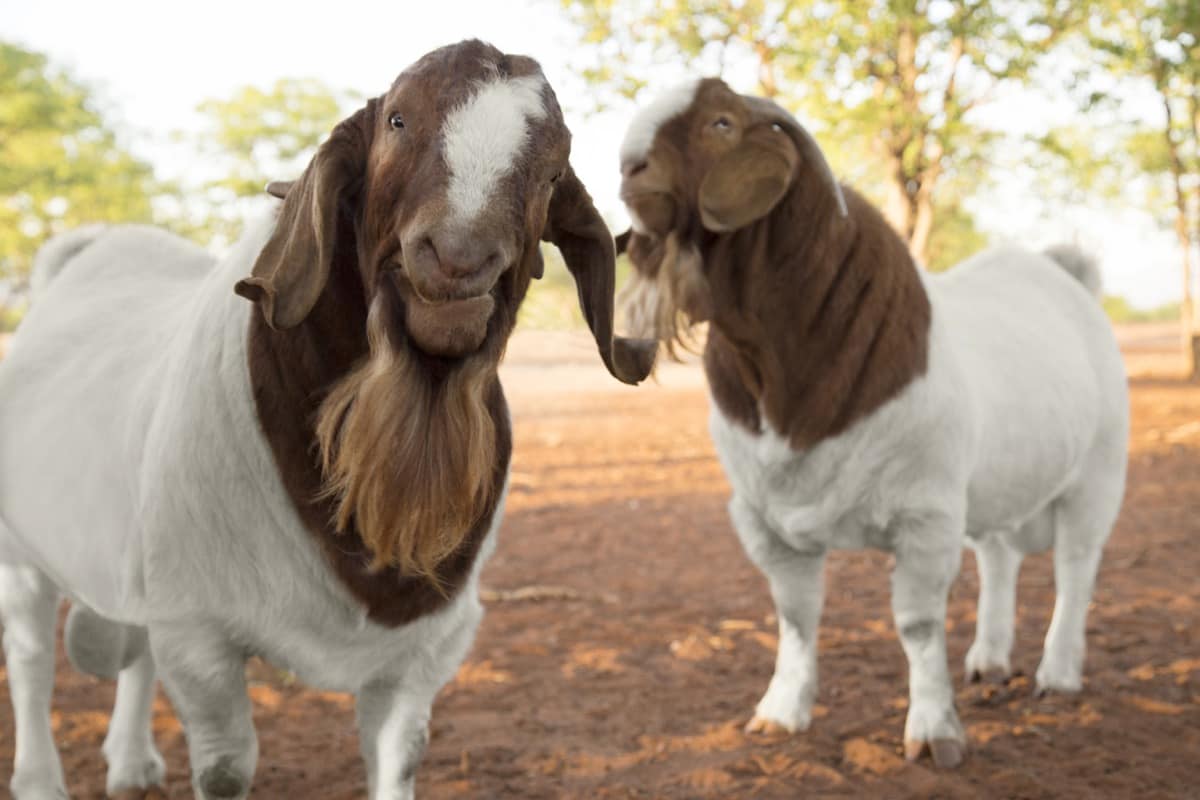
Boer goats need access to plenty of fresh water at all times. They are very fond of water and will drink large quantities of it every day. Make sure their water trough is always full and clean. Boer goats also need a plentiful supply of fresh food. They are grazing animals, so they always need access to grass or hay. They also enjoy eating fruits and vegetables, so feel free to supplement their diet.
Boer goats are a hardy breed of goat that requires plenty of space to graze. They are not well-suited to living in small spaces or on a diet of only hay. Boer goats require regular grooming to keep their coat healthy and free of tangles. Brush them down with a soft brush, and trim their hooves regularly. Boer goats can live in various housing setups, from simple shelters to elaborate barns. They’ll be content if they have access to fresh water and plenty of space to roam.
Boer goats are generally very hardy, but watching for common health problems like parasites, poisoning, and foot rot is important. Regular check-ups with a veterinarian familiar with goats will help keep your herd healthy. Please provide them with a clean and comfortable environment. This means having a well-ventilated barn or shed for them to sleep in and access to fresh water at all times.
Their pasture should also be free of debris and other hazards. Keep an eye on their diet. Boer goats need a balanced diet of hay, grains, and minerals. Make sure goats always have access to fresh, clean water. Like all livestock, Boer goats must be vaccinated against common diseases such as rabies and tetanus. Your local vet can advise you on the best vaccination schedule for your area.
Practice good parasite control measures. Regular deworming and maintaining a clean environment will help keep parasites under control. Annual check-ups are a good idea to catch any health problems early on.
In case you missed it: Key Rules to Improve Feed Conversion Ratio (FCR) in Sheep: For Profitable Sheep Farming
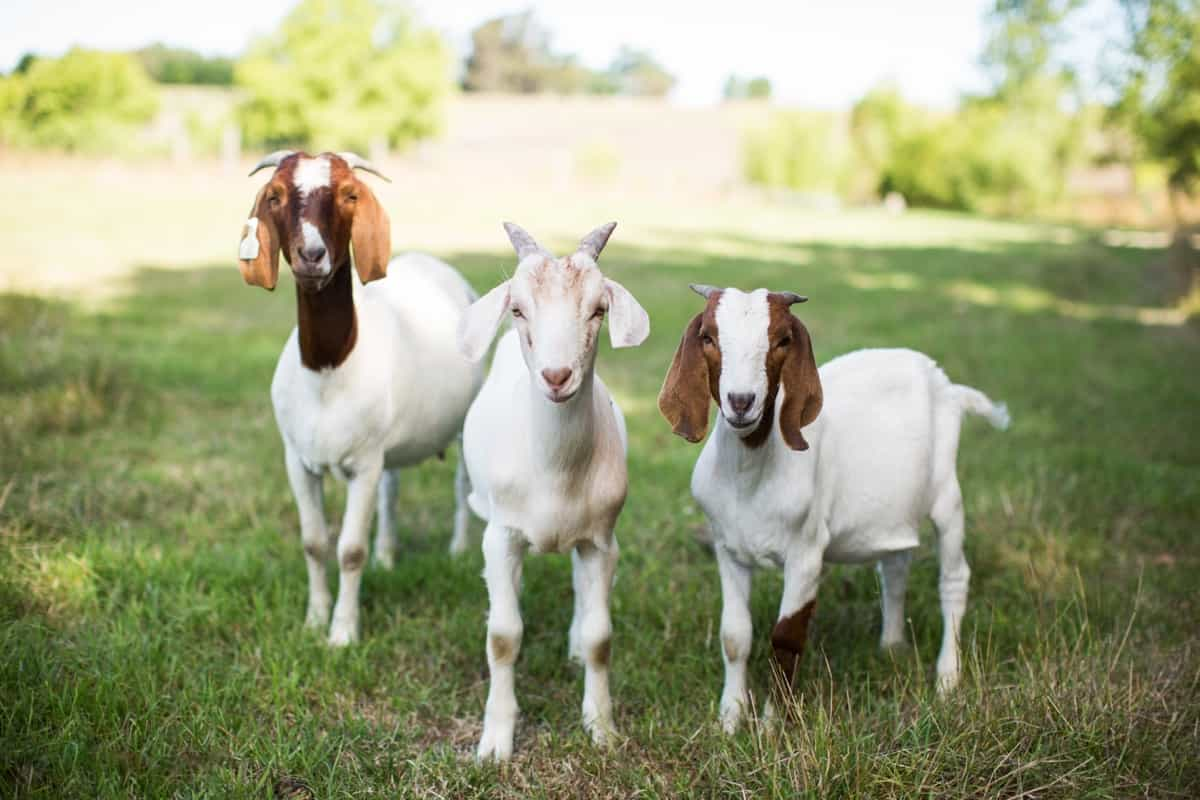
Conclusion
Goat farming can be a profitable venture for small farmers and homesteaders. The main reasons for raising Boer goats are their high-quality meat and skin. Their meat is lean and has a good flavor, making it popular among consumers. Boer goats also produce a lot of milk, which can be used to make cheese and other dairy products. The skins of Boer goats are thick and strong, making them ideal for use in leather products such as belts and shoes.
- Types of Pesticides Used in Agriculture: A Beginner’s Guide
- Economical Aquaculture: A Guide to Low-Budget Fish Farming
- 15 Common Planting Errors That Can Doom Your Fruit Trees
- How to Make Houseplants Bushy: Effective Tips and Ideas
- Innovative Strategies for Boosting Coconut Pollination and Yield
- Pollination Strategies for Maximum Pumpkin Yield
- The Complete Guide to Chicken Fattening: Strategies for Maximum Growth
- Natural Solutions for Tulip Problems: 100% Effective Remedies for Leaf and Bulb-Related Issues
- Revolutionizing Citrus Preservation: Towards a Healthier, Greener Future
- Natural Solutions for Peony Leaf and Flower Problems: 100% Effective Remedies
- Maximizing Profits with Avocado Contract Farming in India: A Comprehensive Guide
- Natural Solutions for Hydrangea Problems: 100% Effective Remedies for Leaf and Flowers
- The Ultimate Guide to Choosing the Perfect Foliage Friend: Bringing Life Indoors
- From Sunlight to Sustainability: 15 Ways to Use Solar Technology in Agriculture
- The Ultimate Guide to Dong Tao Chicken: Exploring from History to Raising
- The Eco-Friendly Makeover: How to Convert Your Unused Swimming Pool into a Fish Pond
- Mastering the Art of Delaware Chicken Farming: Essentials for Healthy Backyard Flocks
- 20 Best Homemade Fertilizers for Money Plant: DIY Recipes and Application Methods
- How to Craft a Comprehensive Free-Range Chicken Farming Business Plan
- Brighten Your Flock: Raising Easter Egger Chickens for Beauty and Bounty
- How to Optimize Your Poultry Egg Farm Business Plan with These Strategies
- Subsidy for Spirulina Cultivation: How Indian Government Schemes Encouraging Spirulina Farmers
- Ultimate Guide to Raising Dominique Chickens: Breeding, Feeding, Egg-Production, and Care
- Mastering the Art of Raising Jersey Giant Chickens: Care, Feeding, and More
- Ultimate Guide to Raising Legbar Chickens: Breeding, Farming Practices, Diet, Egg-Production
- How to Raise Welsummer Chickens: A Comprehensive Guide for Beginners
- How to Protect Indoor Plants in Winter: A Comprehensive Guide
- Ultimate Guide to Grow Bag Gardening: Tips, Tricks, and Planting Ideas for Urban Gardeners
- Guide to Lotus Cultivation: How to Propagate, Plant, Grow, Care, Cost, and Profit
- Agriculture Drone Subsidy Scheme: Government Kisan Subsidy, License, and How to Apply Online
- Ultimate Guide to Raising Araucana Chickens: Breed Profile, Farming Economics, Diet, and Care
- Bringing Hydroponics to Classroom: Importance, Benefits of Learning for School Students
- Ultimate Guide to Raising Polish Chickens: Breed Profile, Farming Economics, Diet, and Care
- Ultimate Guide to Raising Australorp Chickens: Profile, Farming Economics, Egg Production, Diet, and Care
- Silkie Chicken Farming: Raising Practices, Varieties, Egg Production, Diet, and Care
- Sussex Chicken Farming: Raising Practices, Varieties, Egg Production, Diet and Care
Good information…the address of sellers in locality should be available